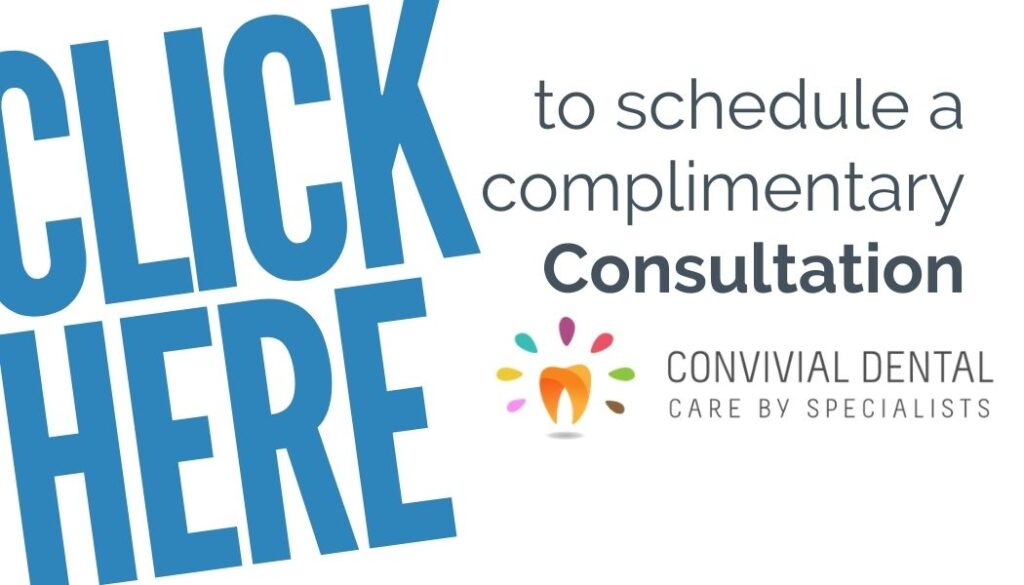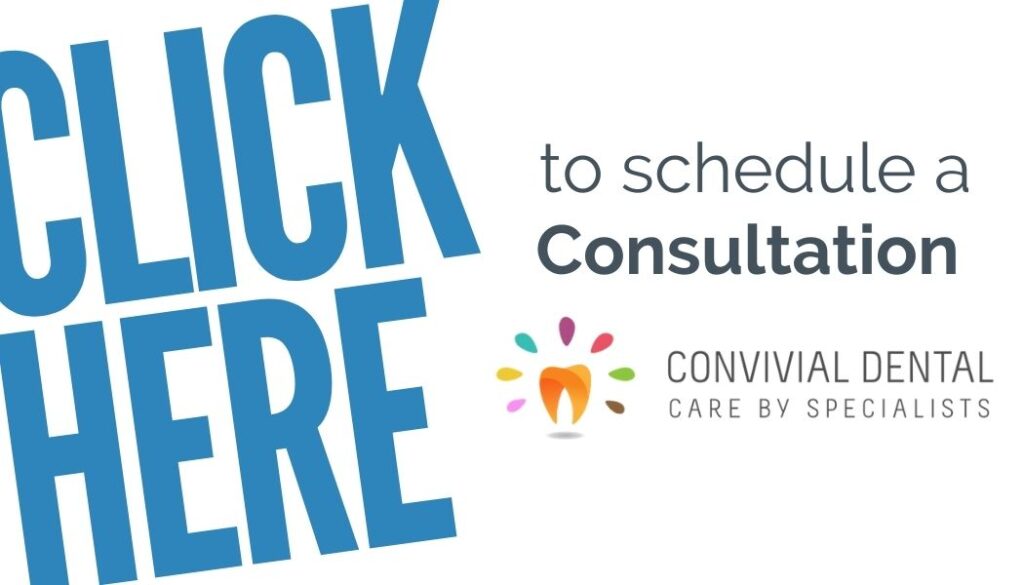Breathe Easier and Sleep Better with Orthodontics
March 1st, 2024

Are you tired of restless nights and constant fatigue due to sleep apnea? If so, you're not alone. Millions of people suffer from this sleep disorder, but did you know that orthodontics might hold the key to a better night's sleep and improved breathing? Dr. Cartsos at Convivial Dental is here to help you discover how orthodontics can positively impact your life, addressing both sleep apnea and the growth of your face.
The Sleep Apnea Connection
Sleep apnea is more than just a nuisance; it's a serious medical condition that can have far-reaching effects on your health and quality of life. It occurs when your airway becomes partially or fully blocked during sleep, leading to breathing interruptions. These interruptions can be brief, but they can happen many times throughout the night, causing you to wake up frequently without even realizing it.
This constant interruption in your sleep cycle not only leaves you feeling groggy during the day but can also have long-term health consequences, including heart problems, high blood pressure, and even diabetes. Fortunately, orthodontics can be a game-changer when it comes to alleviating sleep apnea.
The Orthodontic Solution
Dr. Cartsos and the team at Convivial Dental offer a range of orthodontic treatments to address sleep apnea. By adjusting your bite and allowing you lower jaw to posture forward, Dr. Cartsos can help in preventing the collapse of your airway and promoting better airflow. In severe sleep apnea cases, orthodontic treatment in combination of jaw surgery is the most effective method in improving airway flow and resolving sleep apnea in adults.
The Impact on Facial Growth
Orthodontics goes beyond just addressing sleep apnea; it also plays a crucial role in the development of your facial structure. When your airway is compromised due to issues like mouth breathing or a misaligned jaw, it can lead to improper facial growth. Children, in particular, are susceptible to these problems, as their facial bones are still developing. Early screening and detection, as soon as the age of 6-7 years, is key to diagnosing any airway obstruction. Early orthodontic intervention can expand narrow jaws to increase space for proper tongue position, and enhance volume space of the airway. This early orthodontic treatment can modify abnormal jaw growth patterns, therefore reducing significantly the development of sleep apnea in their adult years.
Dr. Cartsos can identify and address these issues early on with orthodontic treatments, such as fixed appliances, braces or aligners. By ensuring that your child's teeth and jaws are properly aligned, you can help them grow up with a well-balanced facial structure and better airway function.
The Convivial Dental Difference
At Convivial Dental, our approach to orthodontics is centered around your comfort, health, and overall well-being. Dr. Cartsos and our skilled team are dedicated to creating customized treatment plans that not only address sleep apnea but also encourage proper facial growth. We believe that a healthy smile and better sleep go hand in hand.
Call us today at 617-735-0800 or click below to schedule a free consultation - we can start virtually or in person - your choice!












